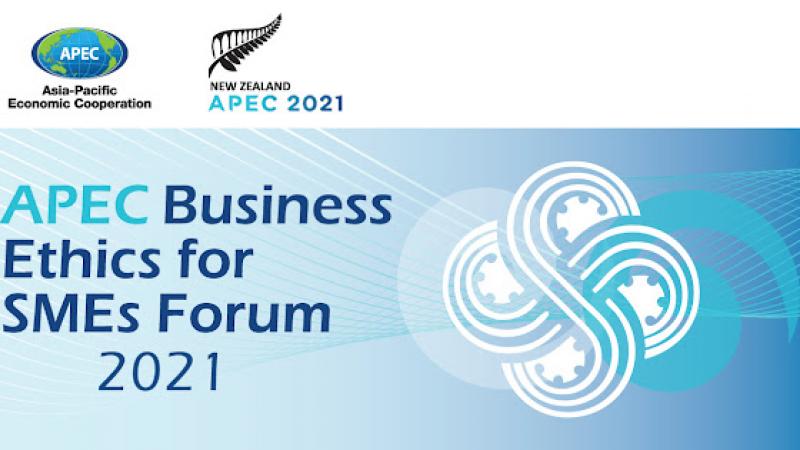The effect of red tape on health services
The Medical Technology Association of Australia (MTAA) is the national association for the medical technology industry. MTAA has been invited by the Senate Select Committee on Red Tape (the Committee) to provide comments to the inquiry into the effect of red tape on the economy and the community, in particular the effect of red tape on health services. We thank the Committee for the opportunity to share our views on this matter.
The Australian medical technology industry is highly innovative with significant investment in research, development and high-end manufacturing. Australia has many of the right attributes to grow a strong domestic industry - a significant health and research capability, quality health system, highly skilled manufacturing workforce, stable financial system and access to the growing middle-class markets of Asia.
The MedTech industry is also well placed to respond to the needs of an ageing population in a challenging fiscal environment, in particular, by developing remote monitoring technologies to keep elderly people in their homes longer and out of the hospital system reducing considerable strain on the health budget. In addition, we are also well placed to respond to increasing comorbidity health problems amongst younger demographics of the Australian population.
In 2016 the Australian Government released its response to the Review of Medicines and Medical Devices Regulation (the Review) and accepted most of its recommendations. The Review identified ways to improve access to therapeutic goods for consumers and remove unnecessary red-tape for industry whilst maintaining the safety of therapeutic goods in Australia.
MTAA acknowledges the Review including recent changes that encompass the introduction of SME Assist, implementation of notification scheme SAS Category C, reform of processes for minor or low-risk variations, new analytics capabilities for event report data and the reduction and streamlining of the number of advisory committees from eleven to seven.
MTAA has participated actively in the extensive TGA consultation process that resulted in a range of improvements in the regulatory space (see Table 1. A first tranche of changes has already been implemented in legislation by the Therapeutic Goods Amendment (2016 Measures No. 1) Act 2017 (Cth). A second tranche of regulatory reforms is expected to be implemented when the Therapeutic Goods Amendment (2017 Measures No. 1) Bill 2017 (Cth) and the Therapeutic Goods (Charges) Amendment Bill 2017 (Cth) will be enacted in law.
To learn more, download the PDF below.
